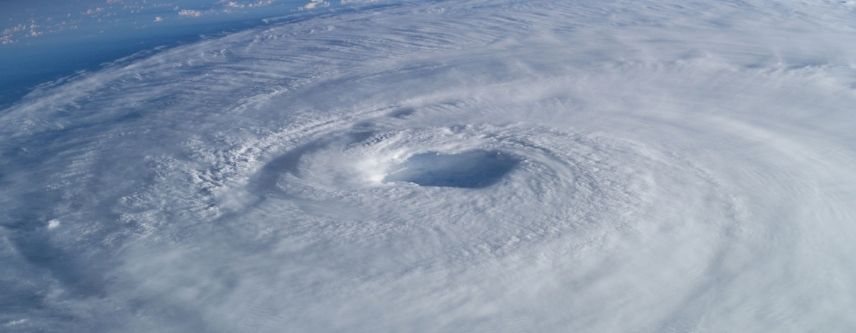Rise in Successful Travel Insurance Claims
The Association of British Insurers, aka the much less cumbersome ABI, does exactly what you’d expect of an organization with the name. It’s sees all and knows all about the insurance industry in Britain and has recently revealed some riveting information.
The number of claims paid out in 2017 is the highest it has been since 2010, the year Eyjafjallajökull erupted. In case you can’t pronounce that to ask Siri what on Earth an Eyjafjallajökull is and why it was such a big deal, that was the Icelandic volcano that disrupted travel globally and caused the largest air-traffic shut-down since World War II. That year had payouts of £455 million overall. 2017 saw claims of £385 million. ‘Oh, is that all?’ I hear you ask. The number may be smaller, but it still equates to more than a million a day. I think anyone would agree that’s a big bill.
But what are people claiming for? Why are there more now than before? And who is claiming?

What are people claiming for?
As it always does, medical claims stayed at the top of the hill when it comes to claims. The heavyweight claim champion rules over more than half of all claims and has the highest average cost too. The average overseas medical claim is roughly £1,300 but the costs can be much higher. A few eye-watering examples include a £90,000 claim for a punctured lung due to a fractured rib and £148,000 for abdominal pains. Even something as simple as a mosquito bite has lead to claims of £40,000. It’s no surprise then that Britains claimed for £201 million in the year.
The eternal runner-up is cancellation claims. Though they haven’t caught up with medical claims, they have bulked up quite a bit. Just over a third of all claims were related to cancelling or cutting short a trip, which combined with the rising average value of holidays for Brits has resulted in some nice fat pay outs- £145 million of them, in fact. Since cancellation covers so many aspects of a holiday, it’s not that surprising. When you add up the travel costs, accommodation costs, excursions, tours and activities, not to mention visas, it can cost a pretty penny- times that by the 159,000 claims in 2017 and it all adds up.
Pulling up the rear with 86,000 claims, less than a tenth, was cover for lost baggage and cash- the piddling sum of £17 million. This relatively low amount may be because research has indicated a lot of Brits aren’t putting in claims for baggage, with some not even being aware cash was covered.
Thankfully most trips don’t need to claim, but I find it comforting to see how many are paid out.
Why are there more now than before?
It’s no one thing, but lots of factors coming together. Between numerous disasters (none thankfully as widespread or as tongue twisting as Eyjafjallajökull) and the collapse of Monarch (which set records of its own as the biggest ever peacetime repatriation), there was a lot to keep Brits at home. Or, perhaps worse, stop from them from getting back. Bali’s Mt Balung caused similar problems to 2010’s ashen obstacle to travel and Hurricane Irma ripped through several holiday hotspots such as Cuba, the Bahamas and Florida.

Closer to home, travel was often restricted when our own traditionally bad weather decided to upgrade to terrible weather, with storms and snow ruining many plans. Monarch competed with the disasters, with approximately 100,000 Brits abroad when it ceased trading and a further 750,000 paid for flights that disappeared in a puff of financial wizardry. Whilst less of a catastrophe for UK travellers, a number of smaller airlines, including Air Berlin, also put their trays in an upright position and closed doors in a trend of airlines ceasing trading, which seems likely to continue.
All in all? A good year to be insured.
Who is claiming?
It’s actually easier to ask ‘who isn’t’ when it comes to travel insurance. 75% of Brits made sure they were safe in 2017.
Of those that chose not to purchase insurance, a clear trend emerges. It was 18-24 year olds who skipped insurance most often with only 60% taking it, followed by 25-34 year olds at 62%. Oh, reckless youth- it’s all fun and games until someone has a stroke and is left with £79,000 of debt. The wisdom of life experience shines with the group most likely to be insured- over 55s saw a mere 14% travel without insurance.
So why do some take the risk? Some simply state it’s a risk they’re willing to take. Maybe taking the phrase ‘fortune favours the bold’ a little too literally. Others have cited they just didn’t need it. With the average price for under 30s being £21, it’s no surprise very few gave cost as their reason for refusing insurance.
So there you have it. In recent years travel insurance has never been more important or cheaper. Best of both worlds. When dangerous times are on the horizon, with the pattern of airlines closing thought to be likely to continue and weather patterns predicted to get worse in coming years there’s no question that those buying travel insurance to travel should be 100%.
In need of assistance?
Our medical travel insurance team are ready to provide you with assistance regarding your quote. If you would prefer to talk to an advisor to receive a quote or have a query please contact our UK based customer service team. Find out details on our contact us page.


